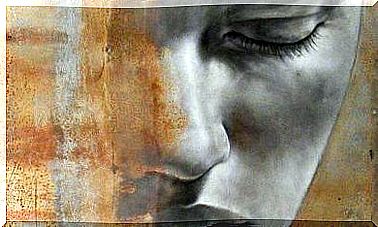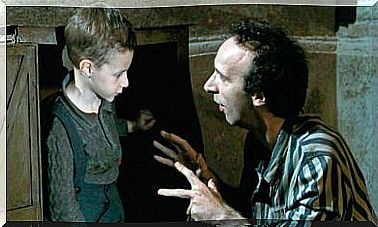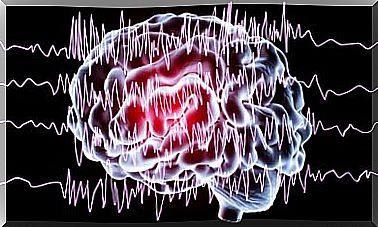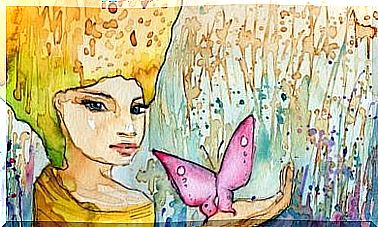The Will To Power In Nietzsche
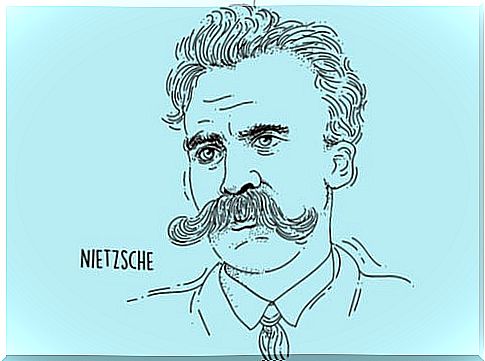
Nietzsche is one of the most important philosophers of the 19th century, along with other prominent figures such as Sigmund Freud and Karl Marx. These thinkers have been called “philosophers of suspicion” for their desire to unmask the falsehood hidden under the enlightened values of rationality and truth. In particular, Nietzsche spoke of the will to power.
According to Nietzsche, Western culture is flawed by having tried to establish rationality in all aspects of life. Since the beginning of Western culture in Greece, rationality represents a symptom of decadence. Everything that opposes the values of man’s instinctual and biological existence is decadent.
To understand Nietzschean philosophy, we must not lose sight of his harsh criticism of Plato for postulating the world of ideas. His philosophy rejects these metaphysical traps: the rational world, the moral world, and the religious world. The fundamental principle of Nietzschean theory is the concept of life. To understand what this thinker meant by “life” one must not lose sight of the absolute negation of the rational Platonic world.
Nietzsche and the concept of life
For the German philosopher, life is based on two basic principles: the principle of conservation and that of increase.
It postulates that there is only life as long as it conserves itself. Of course, this conservation capacity is due to constant movement, to the need for increase. If what is conserved does not increase, it dies. Life is preserved because it increases thanks to the achievement of what makes us have more life.
All this vital space, whose principles we have echoed, is understood as the will to power.
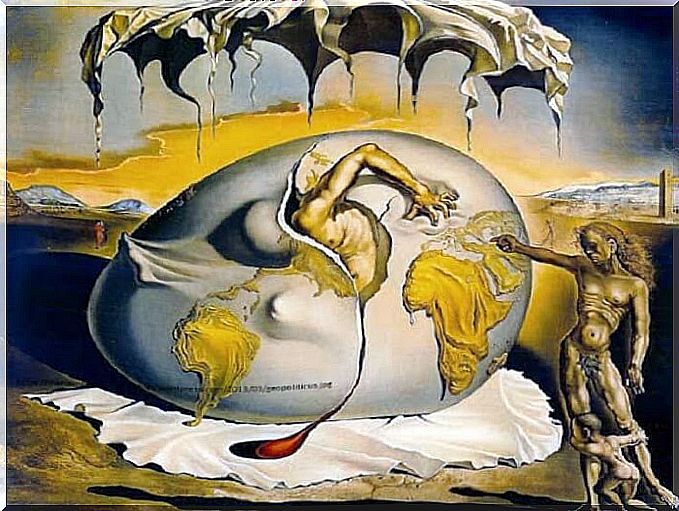
The will to power in Nietzsche
The will to power is the very becoming of life. It could even be said that life is the will to power because it is she who conquers what we yearn for, who tries to obtain what we want, and who dominates what we possess.
The will to power is life ejected towards a horizon in which we find and obtain what we want. Therefore, he wants things and wants to increase what he owns. But it is essential to say that the will to power, before desiring anything, must love itself ; Only in this way will you want to increase what you own to preserve what you already have.
Imagine that we want to buy a car but, at the moment we want it, we do not have enough liquidity to obtain it. The preservation of that desire will only be possible if we work to try to increase our savings in order to be able to pay for the desired car. If we did nothing to achieve that goal, that desire would disappear as a desire and as a motivation.
The will to power wants itself
Once the will to power wants its own preservation, it also understands that everything it has conquered it cannot maintain if it only conserves it. In order to conserve, it is necessary to increase, it is necessary to continue conquering ground.
The will to power is intentional and projected into the world of life, the only place where you can get what you want. The nature of this will is movement, never stopping, continuing to expand. According to Nietzsche, if we settle for what we have at the moment and do not try to increase it, we die (in a metaphorical sense in which the will to power is petrified).
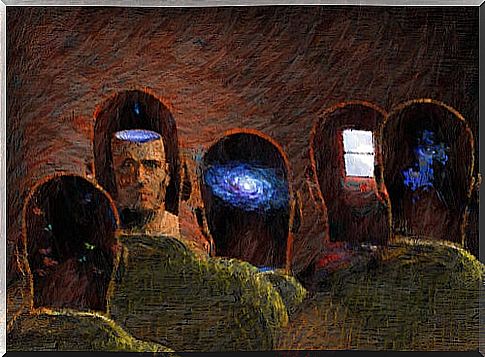
Where, then, does the truth lie? For the German philosopher, it is clear that he is in the will to power. There is a very close relationship between truth and power.
Let’s imagine that a certain media outlet publishes a news item in the morning. All other media echoes, and each tells the story from the perspective of their ideology. Each person is likely to take as true the “fact” published by the means of communication that best fits their ideas.
Now let’s imagine that given the different versions of the media, the controversy arises and, at night, people from the various media gather on a set to discuss what the truth of what has happened is for them. (Truths collide precisely because there are only interpretations of the facts). It is at this moment that a critical mind will understand that Truth is the daughter of power.
This being the case, it is obvious that the hegemonic truth will always be backed by power, since it is a powerful expression of the will that wants to increase in order to be preserved (to understand this, let’s think about the totalitarian regimes whose truth was the Truth).
For Nietzsche, any will to power that does not intend to increase in order to preserve itself is just a life imbued with nothing: what we understand today by nihilism (the word nihilism comes from the Latin nihil , indefinite indefinite pronoun that means “nothing”).
